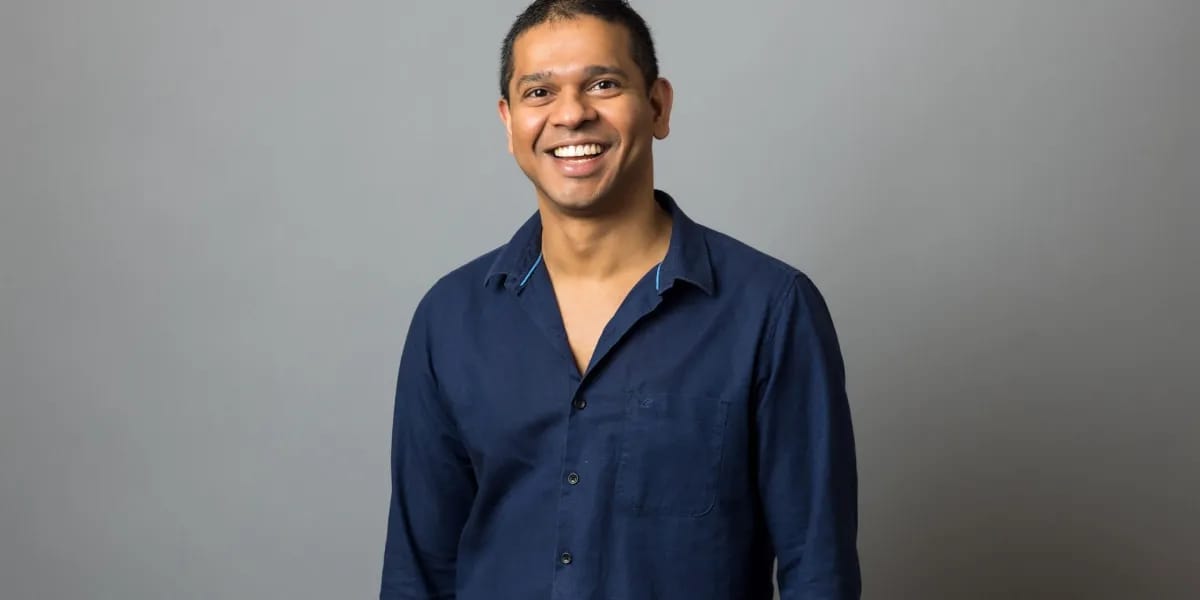- Anybody Can AI
- Posts
- OpenAI Acquires Statsig for $1.1B and Reshapes Leadership
OpenAI Acquires Statsig for $1.1B and Reshapes Leadership
PLUS: Apple Loses Lead AI Robotics Researcher to Meta
Mistral Integrates MCP Support and Memory into Le Chat

Mistral just rolled out two powerful updates to its AI assistant, Le Chat: first, support for MCP-based enterprise integrations, and second, a new memory feature that enables context-aware conversations across sessions. These enhancements are available to all users—including those on the free tier.
Key Points:
Enterprise-Wide MCP Connector Directory - Le Chat now connects seamlessly with 20+ enterprise platforms via the Model Context Protocol (MCP), including Databricks, Snowflake, GitHub, Notion, Jira, Stripe, Zapier, and more. Users can search, summarize, and take actions (like creating tickets or generating summaries) directly from within the chat interface. Custom MCP connectors are also supported, enabling private tool integrations.
‘Memories’—Personalized Retention Across Sessions - Le Chat’s new Memories feature retains significant conversation details—like preferences, past decisions, or context—to offer smarter, more relevant responses over time. It preserves user privacy by only storing useful, non-sensitive information, and allows full control with editing, deletion, import from ChatGPT, and transparency into what is being recalled.
Free Tier Power Moves - Unlike enterprise-focused tools, both MCP connectors and Memories are accessible to all users, even on the free plan—an aggressive strategy that directly challenges other AI platforms that reserve such features for paying customers.
Conclusion
By offering deep integrations and persistent memory features to every user, Mistral is redefining expectations for AI assistants. Le Chat becomes not just reactive but context-aware and integrated into real workflows, positioning itself as a strong competitor to ChatGPT and Claude—especially in enterprise environments that demand continuity, control, and connectivity.
OpenAI Acquires Statsig for $1.1B and Reshapes Leadership

OpenAI has made one of its most significant strategic moves yet—acquiring product experimentation firm Statsig for $1.1 billion in an all-stock deal. This acquisition comes alongside a sweeping leadership restructuring to double down on applications and enterprise growth.
Key Points:
Vijaye Raji Named CTO of Applications - Statsig founder and CEO Vijaye Raji will now oversee product engineering for ChatGPT, Codex, and broader app infrastructure. He reports to Fidji Simo, recently appointed CEO of the Applications division. Statsig will continue operating from its Seattle office, serving existing clients independently for now.
Leadership Team Reshuffle
Srinivas Narayanan, formerly Head of Engineering, becomes CTO of B2B Applications, enhancing enterprise and government offerings. He reports to COO Brad Lightcap.
Kevin Weil, the Chief Product Officer, transitions to VP of OpenAI for Science, leading a new division aimed at developing AI-powered scientific research tools alongside Sebastien Bubeck.
Strategic Implications - The acquisition brings powerful experimentation tools—like A/B testing, feature flagging, and real-time decisioning—in-house, enabling faster product iteration and safer rollouts. This move strengthens OpenAI’s ability to scale both consumer and enterprise-facing applications more efficiently.
Conclusion
By integrating Statsig and realigning its leadership, OpenAI is aggressively transforming into an application-first powerhouse, not just a research lab. With Raji overseeing application development, Narayanan steering B2B expansion, and Weil leading scientific tools, OpenAI is building a foundation to deliver AI-driven services that are responsive, reliable, and enterprise-ready.
Apple Loses Lead AI Robotics Researcher to Meta Amid Broader Brain Drain
Apple's AI talent exodus continues as its lead AI researcher for robotics, Jian Zhang, has joined Meta’s Robotics Studio, according to Bloomberg and multiple reports. This move is part of a wider wave of departures that includes members of the AI Foundation Models team heading to OpenAI and Anthropic.
Key Points:
Highlight | Details |
|---|---|
Robotics Lead Departs | Jian Zhang, Apple’s principal AI researcher in robotics, has transitioned to Meta’s Robotics Studio, signaling a major internal change. |
AI Team Shakeup | In addition to Zhang, three AI researchers from Apple’s Foundation Models team have left—some joining OpenAI and Anthropic—bringing the total number of recent departures to over a dozen, including a team lead. |
Implications for Apple | This reflects growing concerns about Apple's ability to maintain AI momentum. Internal discussions now reportedly include the possibility of leveraging third-party AI solutions for features like Siri as the company confronts “low confidence” in its AI trajectory. |
Conclusion
Apple's evolving AI workforce challenges highlight how fierce competition for AI talent has become. Meta's aggressive recruitment moves, including luring top researchers with lavish packages, are reshaping the AI talent landscape. For Apple, retaining momentum in AI will likely require shifting strategies—and possibly warming to external partnerships.
Thankyou for reading.